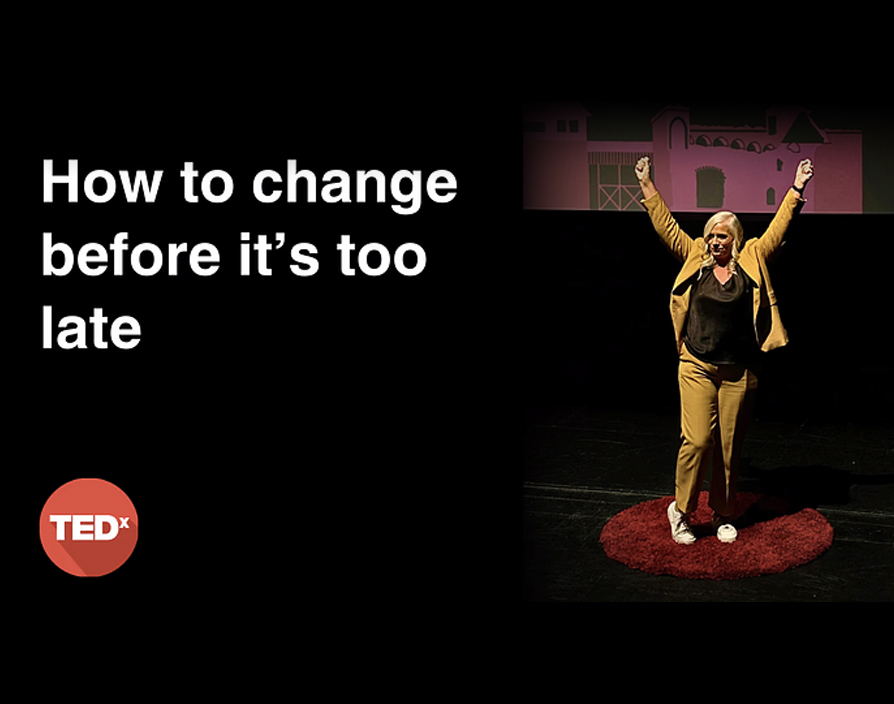In my recent TEDx talk, which has been making waves across the internet, I delve into the importance of changing at the right time.
It was the year 2005, a time marked by the rise of digital innovation and the dawn of a new era. I found myself in the bustling corridors of a leading directory advertising company – a company steeped in tradition and success. In fact, it was so successful that it was regulated by the monopolies commission, and Robbie Williams even mentioned it in one of his iconic songs! It had always been a change leader in the print arena, adding colour to adverts when everything else was mono and creating coupons to help buyers save money.
You can imagine my excitement when on a Tuesday afternoon in November 2005, the CEO’s roadshow came to town, and brought all the employees in my region together to unveil the company’s direction for the following year.
As frontline employees, we were the custodians of customer insights, we knew that the world was shifting. Our clients no longer wanted to be the first page in our directory, they wanted to be the top search result on the search engines. As I sat among my colleagues, anticipation hung thick in the air. How would we embrace this new digital era? What exciting changes would we make?
However, amidst the accolades and triumphs of the company, there lingered a sense of complacency — a reluctance to acknowledge the change on the horizon. He said ‘The focus will remain on print, no big changes… That Google thing will NEVER catch on’.
The collective energy of the employees instantly shifted. We were on the cusp of a digital revolution, yet our leadership remained tethered to the past. He was wrong. Not only was that Google thing catching on, it was taking over.
As the years unfolded, the repercussions of that CEO’s reluctance to embrace change became increasingly apparent. While competitors seized the opportunity to embrace digital advertising, the company’s stubborn refusal meant that by the time they did embrace digital, Google already had a colossal 81.22% market share.
This is the perfect example of changing at the WRONG time, something that unfortunately happens to so many organisations, and something that I am working hard to try and prevent. I cover all of this and more in my TEDX ‘How to Change Before its Too Late’ which you can check out here:
Share via:



















































